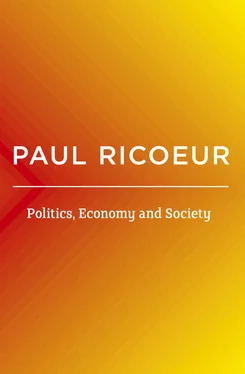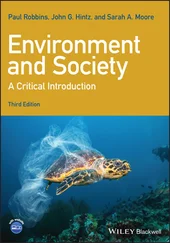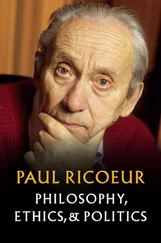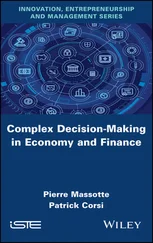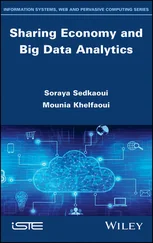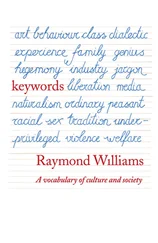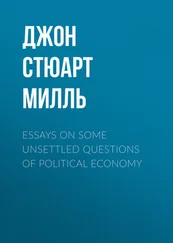In addition to the preceding two criteria, there is a third, methodological one. It is conveyed in the ample reflection on “Hegel Today,” from 1974, which opens the second section. 8Political evil has its counterpart on the level of thinking, which requires elucidation. What is at issue is the temptation of synthesis, of totalization, the illusion that leads thought astray. Applying this observation to the work of philosophy itself, Ricoeur states his “invincible points of resistance” with respect to Hegelian absolute knowledge. There are intractable aspects of human experience that do not allow themselves to be totalized within a theory. They remind us of the sense of limitation and of the impossibility of attaining a view of the whole. With Kant, we come back to an awareness of the limits of knowledge. From this perspective, the fragmentary style Ricoeur has adopted is highlighted as a philosophical strategy in opposition to the claims of a definitive synthesis. In this sense, there is good reason to see in the texts collected in this volume less an ensemble that forms a system, than exercises of systemization in the critique of system-building.
The reflection on Hegel nevertheless leads to a proposal. In fact, Ricoeur advances the possibility of a function that would be related more to the imagination than to knowledge, here a utopian function, which would be the site of figures portraying the realization of man, in the forward projection of his freedom – rather than in the mode of totalization. The theme of imagination, clearly present in Ricoeur, thus finds an application in the political field. One has only to consider on this point writings that can be found elsewhere. 9
The next three texts date from the 1990s. “Morality, Ethics, and Politics” (1993) provides a summary of Ricoeur’s political thinking as it has progressively unfolded since “The Political Paradox.” It is not without importance that this text was published in Pouvoir , a journal intended for constitutional scholars and political figures, as if to solicit a dialogue with interlocutors who were not necessarily philosophers. The major interest of this article is to have set out a multi-storied architecture, after the model of Oneself as Another , superimposing an anthropology, an ethics, and a politics. The political sphere occupies the top level. Among other developments, two new “paradoxes” are added to the first. This construction no longer concerns the cognitive realm alone, but also includes action, sensibility, and temporality. It requires that the citizen be capable of reconciling opposites, combining belonging and distancing, identity and otherness, conviction and responsibility. 10A democratic ethics comes to light, which strives to make both the institution and protest possible, relying on the lived experience of conflict internalized in individuals. 11
In “Responsibility and Fragility” (1992), as well as in “Morality, Ethics, and Politics,” Ricoeur conceives of the political by linking it to the ethical. 12This is the corollary of political liberalism. Indeed, once the State abstains from intervening, not everything is political. There are apolitical, or pre-political, margins where civil society flourishes. However, the freedom of action animating social mores and ethical life produces a certain sense of the desire-to-live-together, which in a democracy serves to impress its orientation on the political. In return, democracy is entrusted to the protection of the citizenry, auditors of its fragility. This is highlighted in the 1992 article. To do this, Ricoeur identifies the points of fragility belonging, precisely, to the three figures of the “Political Paradox,” providing to citizens the corresponding themes of vigilance and participation.
Ethics and politics are in a relation of mutual critique. Political institutions are necessary to limit the violence of social mores and actions; but, conversely, they have legitimacy only in the service of democratic ethics. The question of legitimacy, notably, refers back to the question of determining what constitutes authority . In “The Paradoxes of Authority” (1997), an unpublished lecture, 13Ricoeur reflects on the vertical axis of domination. He defines authority as a combination of asymmetry and concealed reciprocity, once authority is viewed to exist only as recognized . In this way, he shows that obedience can be exercised in the name of autonomy – and not against it – if it intervenes in response to a proposal that calls upon one’s autonomy. In this case, domination does not found power, but the other way around. The relation of domination only covers over and occults the roots of a desire-to-live-together, constitutive of the power stemming from acting-in-common (in Hannah Arendt’s sense). 14This brings to light a positive foundation of the social bond, which does not stem from fear. These are the stakes of grandeur: either the citizen obeys power because, in its calling upon him, he grows in stature; or, ceding to the inebriation of grandeur, domination diminishes him, drawing his criticism and his just revolt.
The third and fourth sections extend the perspective to themes related to the economy, society, and to Europe. One should speak of society in the plural here to mark the pluralist dimension affecting these reflections on tolerance, the situation of the foreigner, identity, and, of course, the issues at stake in the difficult elaboration of a European ethos . Broadening the horizon in this way is all the more necessary as, up until the 1980s, the political is often envisaged by Ricoeur in its function of mediation between the economic and the cultural, in reference to the Kantian trilogy of the passions of possession, power, and value. 15But this manner of problematizing no longer appears as systematically after this period, as if the neo-liberal turn prevented drawing any clear line between these three spheres, as they were being overtaken by the logic of the market. In this new context, Ricoeur approaches the economic sphere with a series of probes, as it were, in the studies on money and crisis.
One can then wonder what remains of the critique addressed in the 1960s to the ambition of a “bourgeois” society centered on well-being alone and of a socialism in danger of becoming the promoter of the common man. More circumspect, the argument does not, however, seem to be absent, even as it adopts new forms. This is the case in “The Struggle for Recognition and the Economy of the Gift,” a lecture given by Ricoeur while he was preparing The Course of Recognition , the last work published during his lifetime. 16Fearing that an infinite demand for recognition would produce only an insatiable expectation, he introduces a remedy in the struggle for recognition: the gift . This represents the utopian incentive that can keep social exchanges from lapsing into violence. Instead of the unlimited thirst for money, Ricoeur proposes a respite from the race for production and for enrichment. This is doubtless the mark of a continuity – beyond the evolutions of historical context and the shifts in his own thinking 17– a constant preoccupation that runs through his entire meditation on the political: the aspiration for freedom.
1 1 See History and Truth, tr. C. A. Kelby (Evanston: Northwestern University Press, 1965); Time and Narrative, 3 vols, tr. K. McLaughlin (Blamey) and D. Pellauer (Chicago: University of Chicago Press, 1984–88); From Text to Action: Essays in Hermeneutics, tr. K. Blamey and J. Thompson (Evanston: Northwestern University Press, 1991); Memory, History, Forgetting, tr. K. Blamey and D. Pellauer (Chicago: University of Chicago Press, 2004).
2 2 Paul Ricoeur, Lectures 1. Autour du politique (Paris: Le Seuil, 1991).
Читать дальше
